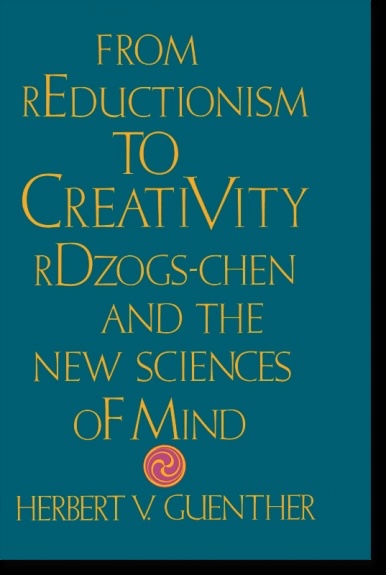- Forewordix
- Acknowledgmentsxv
- Introduction1
- 1 ABHIDHARMA : ITS SCOPE AND MEANING9
- The Meaning of the Term Abhidharma9
- The Meaning of the Term Buddha13
- 2 THE OPERATIONAL SYSTEM "MIND"15
- The Importance of a Healthy Attitude15
- A Structural Model of "Mind"23
- "Mind" as a Self-Structuring Process34
- 3 THE CONTEXTUALIZED SYSTEM "MIND"41
- Sociocultural Operators41
- 4 POLLUTANTS AND QUASI POLLUTANTS52
- Pollutants52
- The Quasi Pollutants58
- Summary61
- 5 CONCENTRATION, CONTEMPLATION, MEDITATION:
PRELIMINARIES ON THE WAY OF GROWING UP62
- Objectivistic-Reductionistic Concentration66
- Mentalistic-Creative Contemplation81
- Holistic Imparting of Meaning89
6 THE WAY: THE EARLIER VIEW I 95 introductory Remarks 9 s The Theravada Conception of the Way 97 7 THE WAY: THE EARLIER VIEW Il 106 The Sravaka and Pra.tyekabuddha Ways 106 The Sravaka Conception of the Way 106 The Pratyekabuddha Conception of the Way 12.2. 8 THE WAY: TH£ LATER VIEW I 12.6 The Bodhisattva Way I: Prelude 12.6 The Meaning of the Terms Bodhisattva and Bodhicitta 12.6 rigslkh(lms r 28 de-bzhinlbde-bar gshegs-pa•; snying-po I 3 2. The Activation of Bodhicitta 136 Ethics and Sociocultural Levels 145


